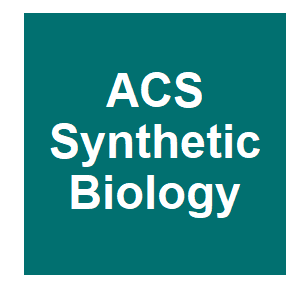
Keywords: public acceptance

|
Hybrid mosquitoes? Evidence from rural Tanzania on how local communities conceptualize and respond to modified mosquitoes as a tool for malaria controlM. F. Finda, F. O. Okumu, E. Minja, R. Njalambaha, W. Mponzi, B. B. Tarimo, P. Chaki, J. Lezaun, A. H. Kelly and N. Christofides, Malaria Journal, 20:134. 2021.
Different forms of mosquito modifications are being considered as potential high-impact and low-cost tools for future malaria control in Africa. Although still under evaluation, the eventual success of these technologies will require high-level public acceptance. Understanding ... Keywords: dengue, engineered translocations, Gene drive, gene drive genetics, gene drive synthetic, insects, malaria, mosquito, public acceptance, self-propagating, selfish genetic element, UDMEL, unbreakable, underdominance, vector control |

|
Engineered Reciprocal Chromosome Translocations Drive High Threshold, Reversible Population Replacement in DrosophilaBuchman, ABI, Tobin; Marshall, John M.; Akbari, Omar S.; Hay, Bruce A., ACS Synthetic Biology, 7:1359-1370. 2018.
Replacement of wild insect populations with transgene-bearing individuals unable to transmit disease or survive under specific environmental conditions using gene drive provides a self-perpetuating method of disease prevention. Mechanisms that require the gene drive element and ... Keywords: dengue, engineered translocations, Gene drive, gene drive genetics, gene drive synthetic, insects, malaria, mosquito, public acceptance, self-propagating, selfish genetic element, UDMEL, unbreakable, underdominance, vector control |

Contact
David O’Brochta
Foundation for the
National Institutes of Health
geneconvenevi@fnih.org
RSS

